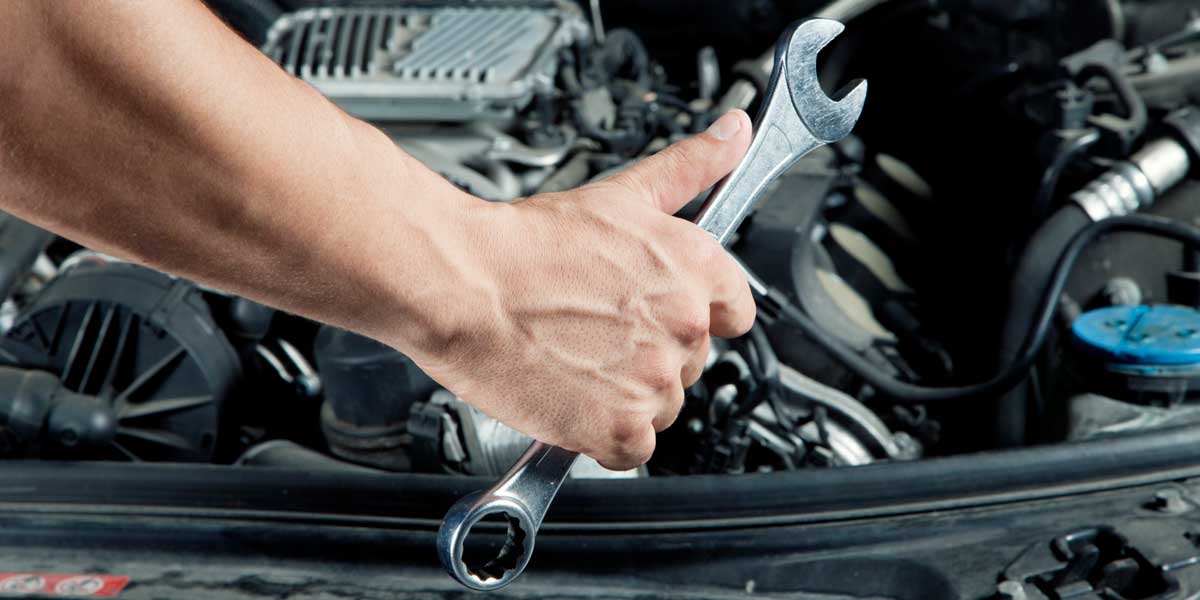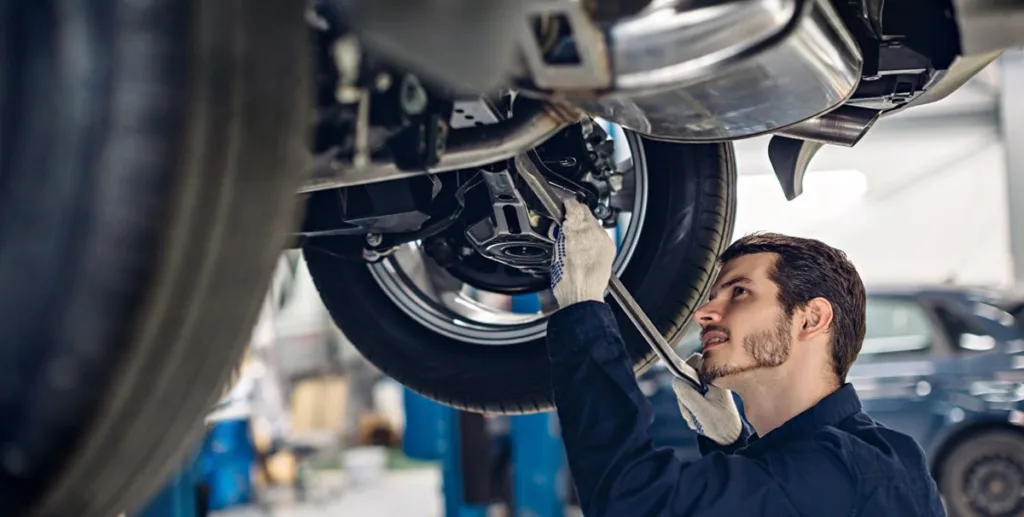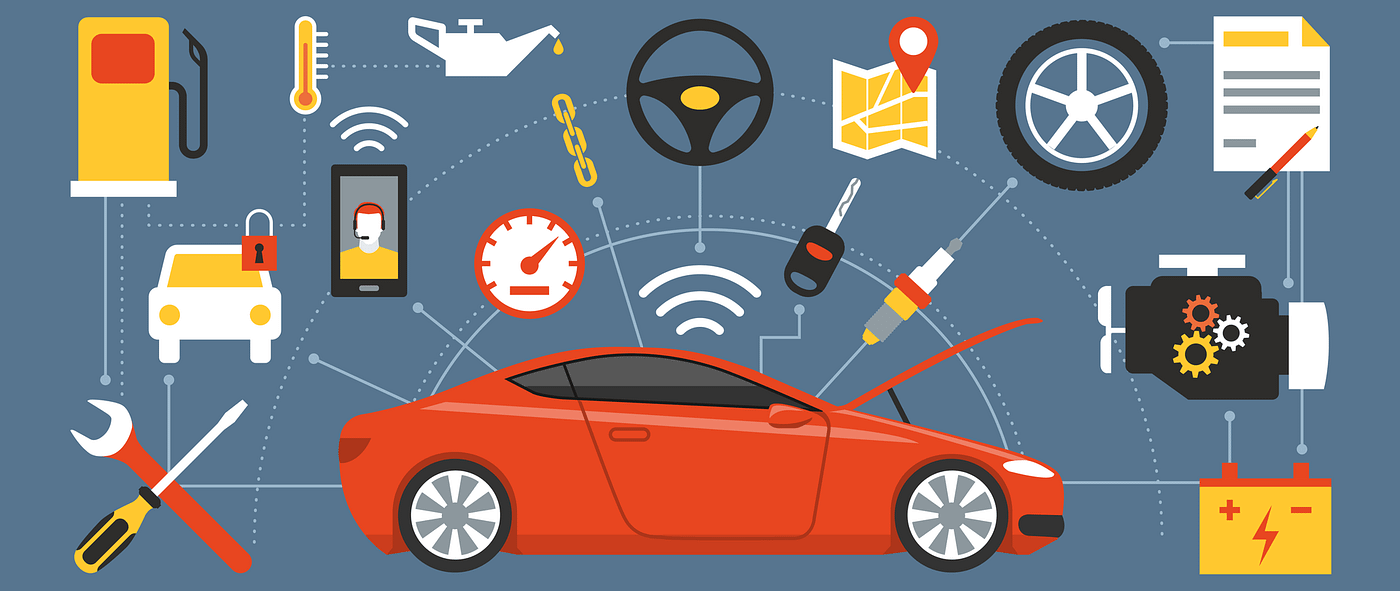All Categories
Featured

Vehicle liquids play critical roles in guaranteeing smooth operation, safety, and longevity. Below, we'll discover the value of checking and preserving your car's liquids and ideas for doing so successfully.
- Engine Oil: Protecting Essential Elements. Engine oil ensures that the relocating parts of your engine stay moisturized, reducing friction and avoiding getting too hot. Over time, engine oil breaks down or becomes infected, decreasing its performance. Without appropriate lubrication, engine elements can wear out promptly, bring about lowered performance or full failure.
Just How to Keep: Inspect the oil level using the dipstick and round off if necessary. Follow your automobile's solution timetable for oil changes, commonly every 3,000 to 7,500 miles, relying on the kind of oil and your driving habits. 2. Coolant: Managing Engine Temperatures. Coolant, or antifreeze, assists regulate your engine's temperature, avoiding getting too hot in summertime and cold in winter months. As it circulates, coolant soaks up excess warm and resolves it with the radiator. Gradually, contaminants can construct up, or the liquid may deteriorate, minimizing its performance.

Just How to Preserve: On a regular basis examine coolant levels in the reservoir and inspect for leakages or staining. Flush and replace coolant as suggested, normally every 2 to five years. 3. Transmission Liquid: Smooth Equipment Procedure. Transmission liquid oils the transmission system and makes sure smooth gear shifts. A well-kept transmission liquid avoids overheating and safeguards interior parts from wear. Falling short to preserve this liquid can result in expensive repair services or replacements.
How to Keep: Check the liquid degrees (if your lorry has a dipstick for transmission fluid) and monitor its shade. Charred or dark fluid indicates it's time for an adjustment, often every 30,000 to 60,000 miles. 4. Brake Liquid: Ensuring Safety. Brake liquid is necessary for moving pressure from your foot on the brake pedal to the braking system, enabling your vehicle to quit successfully. Gradually, brake fluid can absorb wetness, minimizing its boiling point and endangering braking efficiency.
Just How to Maintain: Examine the brake fluid level and condition. Have it changed if it appears dark or filthy. Many makers suggest altering brake fluid every two years or as required. 5. Power Guiding Liquid: Easy Ability To Move. Power steering fluid enables smooth and uncomplicated guiding. Low levels or infected fluid can make steering difficult, enhancing the danger of crashes.
How to Keep: Inspect the liquid routinely and replenish if levels are low. Watch out for leaks, which could result in guiding system damage if unsolved. 6. Windscreen Washer Fluid: Clear Exposure. Not connected to efficiency, windscreen washing machine liquid is important for maintaining visibility. It helps maintain the windscreen tidy, especially throughout bad weather or when dirt collects.

Exactly How to Maintain: Replenish the reservoir as needed and utilize washer fluid developed for your environment to stop freezing or spotting. Finest Practices for Liquid Upkeep. Comply with the Maker's Arrange: Describe your car's owner handbook for upkeep intervals specific to your cars and truck. Screen for Leaks: Detecting fluid leakages early can avoid extreme damage. Search for pools or stains under your lorry. Utilize the Correct Fluids: Constantly utilize fluids recommended by your lorry's producer to prevent compatibility issues. Pay Focus to Indication: Dashboard caution lights, weird scents, or uncommon performance can show fluid-related issues. The Advantages of Routine Liquid Checks. Improved Performance: Liquids in great condition aid all systems run efficiently. Extended Lifespan: Correct lubrication and cooling protect against early wear and tear on elements. Improved Safety and security: Brake fluid and coolant are crucial for risk-free driving. Expense Savings: Addressing liquid problems early can avoid costly repairs later on. Conclusion. Monitoring and keeping your car's liquids is a straightforward however vital component of car ownership. By committing time to this important upkeep, you guarantee your automobile stays trustworthy, risk-free, and reliable for years ahead. Normal fluid checks assist protect against malfunctions and provide you tranquility of mind on the roadway. Whether it's oil, coolant, or brake fluid, staying aggressive with maintenance is the key to long-lasting automobile health.
Latest Posts
NAPA AutoCare Certified: Rely on Montclare Auto Repair for Top-Tier Repairs
Published Apr 20, 25
2 min read
Montclare Auto Repair: The Trusted Choice for Dependable Repair Solutions
Published Apr 20, 25
2 min read
Comprehensive Auto Care at Montclare Auto Repair - See Our Offerings
Published Apr 20, 25
2 min read
More
Latest Posts
NAPA AutoCare Certified: Rely on Montclare Auto Repair for Top-Tier Repairs
Published Apr 20, 25
2 min read
Montclare Auto Repair: The Trusted Choice for Dependable Repair Solutions
Published Apr 20, 25
2 min read
Comprehensive Auto Care at Montclare Auto Repair - See Our Offerings
Published Apr 20, 25
2 min read